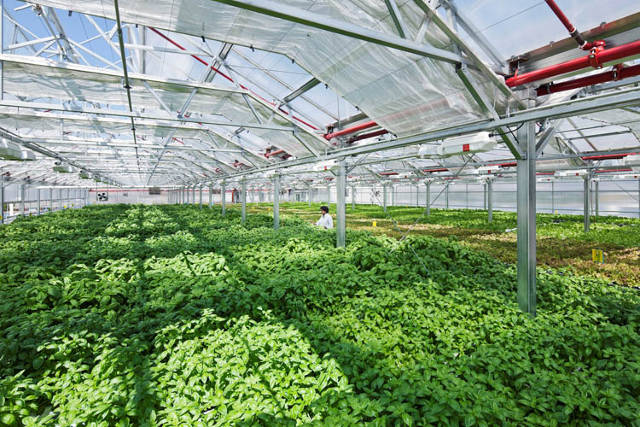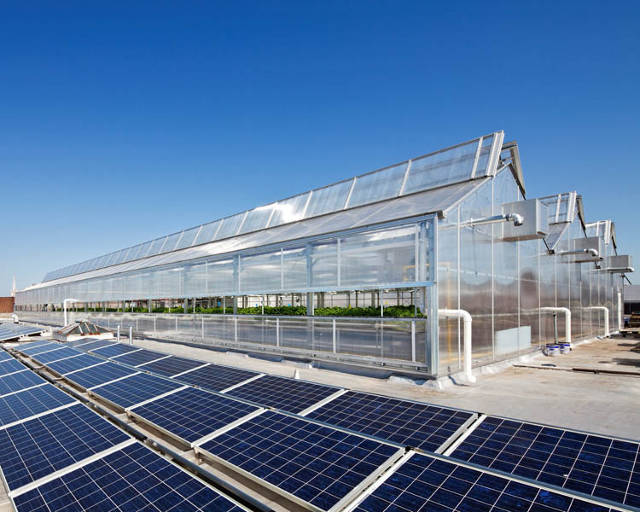Let's cut to the chase.
Say you decide to go on a fast, and so you effectively starve yourself for a week. At the end of seven days, how would you be feeling? You'd probably be hungry, perhaps a little weak, and almost certainly somewhat thinner. But basically you'd be fine.
Now let's say you deprive yourself of sleep for a week. Not so good. After several days, you'd be almost completely unable to function. That's why Amnesty International lists sleep deprivation as a form of torture.
Here's what former Israeli Prime Minister Menachem Begin had to say in his memoir
White Nights about the experience of being deprived of sleep in a KGB prison: "In the head of the interrogated prisoner a haze begins to form. His spirit is wearied to death, his legs are unsteady, and he has one sole desire: to sleep ... Anyone who has experienced this desire knows that not even hunger and thirst are comparable with it."
So why is sleep one of the first things we're willing to sacrifice as the demands in our lives keep rising? We continue to live by a remarkably durable myth: sleeping one hour less will give us one more hour of productivity. In reality, the research suggests that
even small amounts of sleep deprivation take a significant toll on our health, our mood, our cognitive capacity and our productivity.
Many of the effects we suffer are invisible. Insufficient sleep, for example, deeply impairs our ability to consolidate and stabilize learning that occurs during the waking day. In other words, it wreaks havoc on our memory.
So how much sleep do you need? When
researchers put test subjects in environments without clocks or windows and ask them to sleep any time they feel tired, 95 percent sleep between seven and eight hours out of every 24. Another 2.5 percent sleep more than eight hours. That means just 2.5 percent of us require less than 7 hours of night a sleep to feel fully rested. That's 1 out of every 40 people.
When I ask people in my talks how many had fewer than 7 hours of sleep several nights during the past week, the vast majority raise their hands. That's true whether it's an audience of corporate executives, teachers, cops or government workers. We've literally lost touch with what it feels like to be fully awake.
Great performers are an exception. Typically, they sleep significantly more than the rest of us. In
Anders Ericcson's famous study of violinists, the top performers slept an average of 8 ½ hours out of every 24, including a 20 to 30 minute midafternoon nap some 2 hours a day more than the average American.
The top violinists also reported that except for practice itself, sleep was the second most important factor in improving as violinists.
As I began to gather research about sleep, I felt increasingly compelled to give it higher priority in my own life. Today, I go to great lengths to assure that I get at least 8 hours every night, and ideally between 8 ½ and 9, even when I'm traveling.
I still take the overnight "redeye" from California to New York, but I'm asleep by takeoff — even if takes an Ambien. When I get home at 6 or 7 a.m., I go right to bed until I've had my 8 hours. What I've learned about those days is that I'd rather work at 100 percent for 5 or 6 hours, than at 60 percent for 8 or 9 hours.
With sufficient sleep, I feel better, I work with more focus, and I manage my emotions better, which is good for everyone around me. I dislike having even a single day where I haven't gotten enough sleep, because the impact is immediate and unavoidable. On the rare days that I don't get enough, I try hard to get at least a 20-30 minute nap in the afternoon. That's a big help.
Here are three tips to improve the quantity and quality of your sleep:
- Go to bed earlier — and at a set time. Sounds obvious right? The problem is there's no alternative. You're already waking up at the latest possible time you think is acceptable. If you don't ritualize a specific bedtime, you'll end up finding ways to stay up later, just the way you do now.
- Start winding down at least 45 minutes before you turn out the light. You won't fall asleep if you're all wound up from answering email, or doing other work. Create a ritual around drinking a cup of herbal tea, or listening to music that helps you relax, or reading a dull book.
- Write down what's on your mind — especially unfinished to-do's and unresolved issues — just before you go to bed. If you leave items in your working memory, they'll make it harder to fall asleep, and you'll end up ruminating about them if you should wake up during the night.








